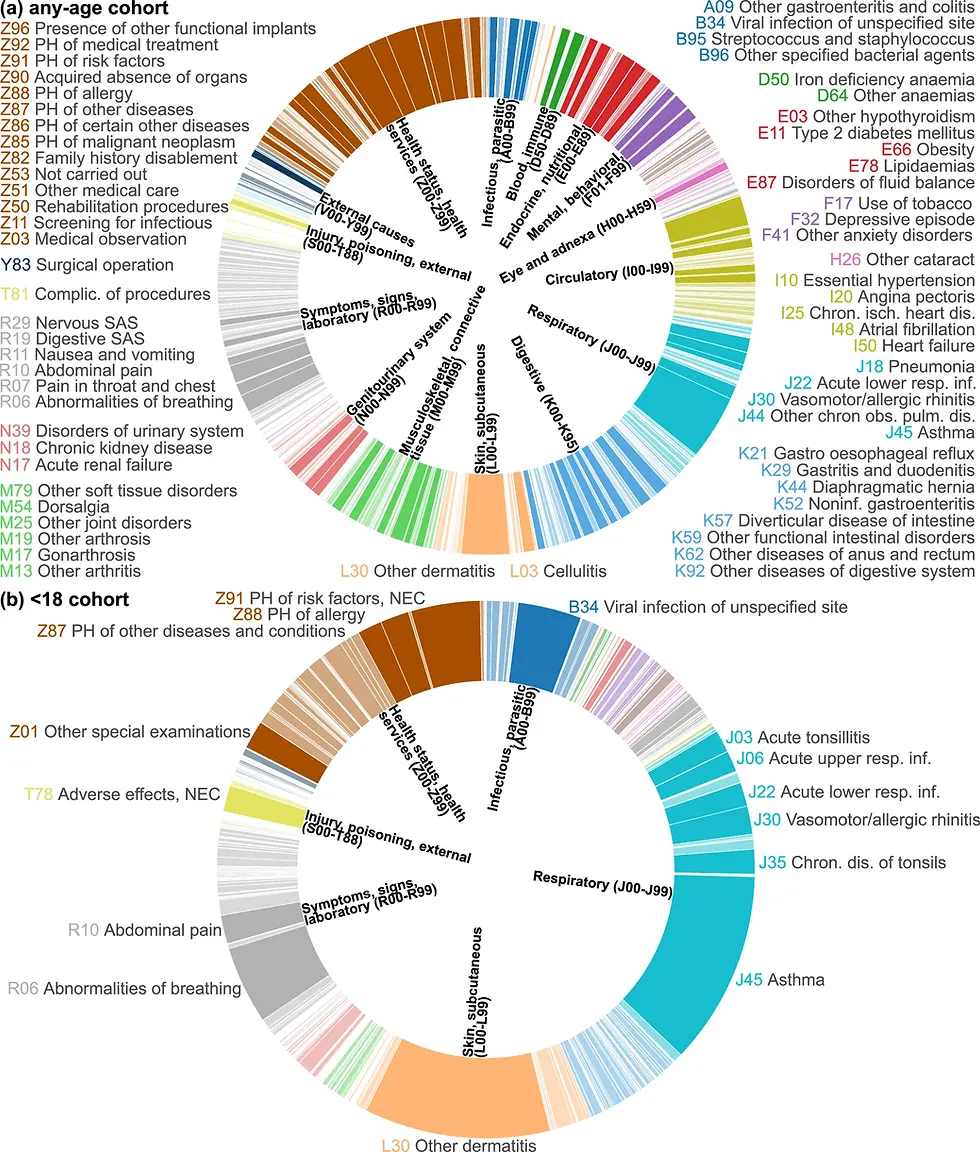Discovery: 10 new gene variants associated with atopic dermatitis
- Derm City
- Oct 21, 2015
- 2 min read
A group of international researchers have discovered 10 new loci associated with atopic dermatitis (AD), which brings the total number of variants known to 31, according to a study published in Nature Genetics (Oct. 2015: DOI:10.1038/ng.3424)
In the genetic association studies, investigators performed a meta-analysis of more than 15 million genetic variants in 21,3999 AD patients and 95,464 controls from populations of European, African, Japanese and Latino ancestry, followed by replication in 32,059 cases and 228,628 controls from 18 studies.
The authors state that the new loci include candidate genes with roles in the regulation of innate host defenses and T cell function, “underscoring the important contribution of (auto)immune mechanisms to AD pathogenesis.”
“Though the genetic variants identified in this current study represent only a small proportion of the risk for developing eczema, [they are in no way deterministic, rather they slightly increase your risk], they do give new insights into important disease mechanisms and through on-going research in this area these findings could be turned into treatments of the future,” stated Dr. Lavinia Paternoster, lead author with MRC Integrative Epidemiology Unit at the University of Bristol, UK, in a press release.
The researchers also found some evidence of genetic overlap between AD and other diseases like inflammatory bowel disease. This suggests that studying these diseases together in the future could give important insights into the mechanisms of disease and potentially identify new treatments.
Dr. Sara Brown, an academic dermatologist who contributed to the research from the University of Dundee in Scotland, said, “[AD] runs in families so we know that genetic factors are an important part of the cause. The very large numbers of participants in this research has allowed us to 'fine-tune' our understanding of eczema genetic risk, providing more detail on how the skin immune system can go wrong in eczema.”



Comments